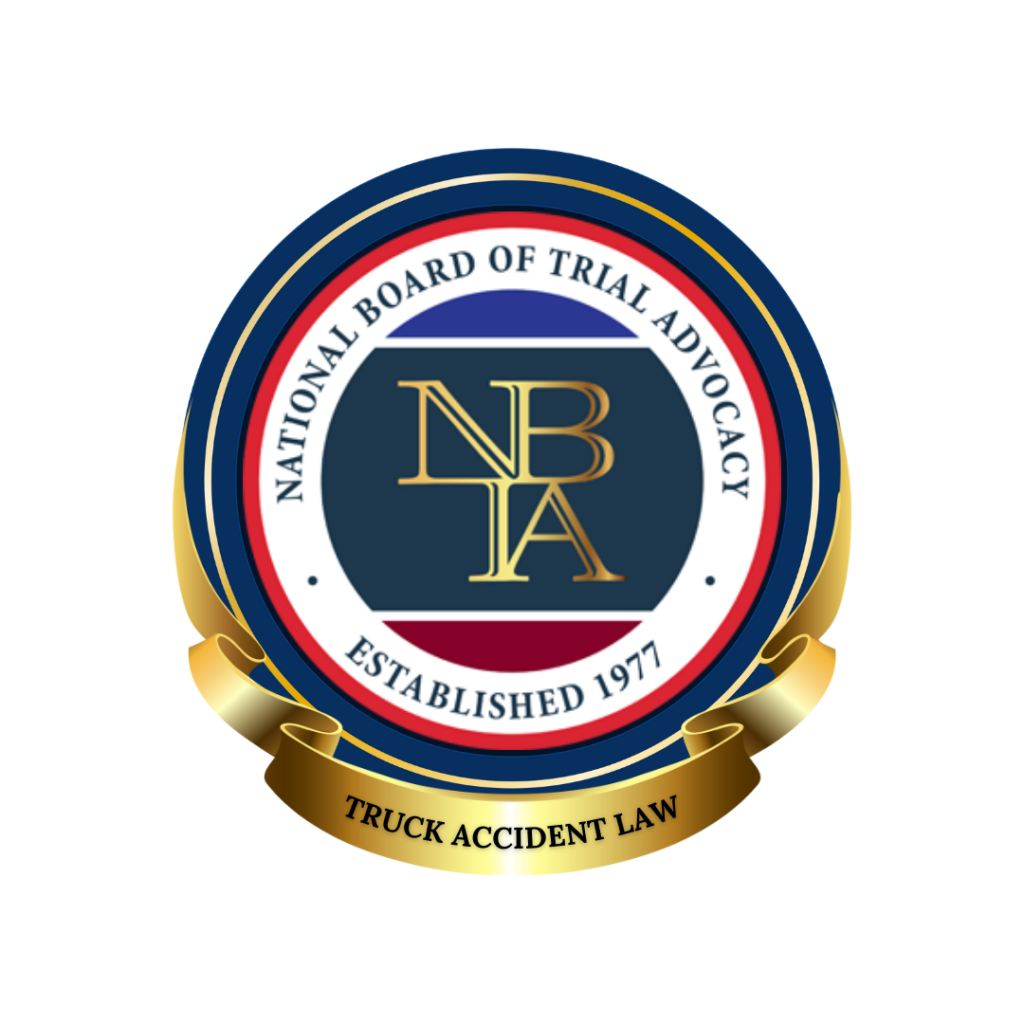Do I Need A Lawyer For A Semi Truck Accident In Michigan?
In Michigan, if you are injured in a semi truck accident you are not required to hire a lawyer from a law firm but it is in your best interest. Tractor trailer crashes can be catastrophic, and they are far more complicated and complex than car crash cases. Specialized experience is your best protection.
An experienced Michigan semi truck accident lawyer with a track record of success will have the “know how” to move quickly to protect semi-trailer crash victims and their families. This means stopping trucking companies from destroying key evidence. It means identifying all of the negligent parties responsible for the safety violations that caused the crash with a big rig. And it means uncovering all of the trucking company’s insurance coverage and assets which will be needed to pay for a settlement.
Your attorney will make the legal process as easy as possible for you so you can focus on healing – both physically and emotionally – after your semi-trailer crash.
How Do I Choose The Best Semi Truck Accident Lawyer In Michigan?
To help you choose the best Michigan semi truck accident lawyer for your case, limit your search to only those attorneys who have specialized experience in this area of the law. Check out their websites to see what settlements they’ve won for other clients. Read their online reviews to learn how clients rate them in terms of patience, compassion and attentiveness.
As stated above, semi-trailer crash cases are complicated, complex, and totally unlike a car crash case. You need an attorney who knows the ins-and-outs of these cases based on extensive, specialized experience. Your case is too important to entrust to a “dabbler” who thinks he or she can “figure things out” as he or she goes.
To find out which Michigan semi truck accident lawyer is the best fit for you and your family, schedule a free consultation and meet them in-person. This will allow you to ask questions about their specialization, experience, and track record of success in these types of cases. It will also give you a preview of what it will be like to work with this attorney.
How Much Does A Semi Truck Accident Lawyer Cost In Michigan?
In Michigan, hiring a semi truck accident lawyer from a law firm costs you $0 in attorney fees for a case unless and until your case is won. You will not be asked to pay any up-front costs. You will pay your attorney’s 1/3 or 33% contingency fee only after your case is done. and, importantly, only if a recovery is made for you first.
At our law firm, each and every one of our clients also get our free 100% client satisfaction guarantee.














